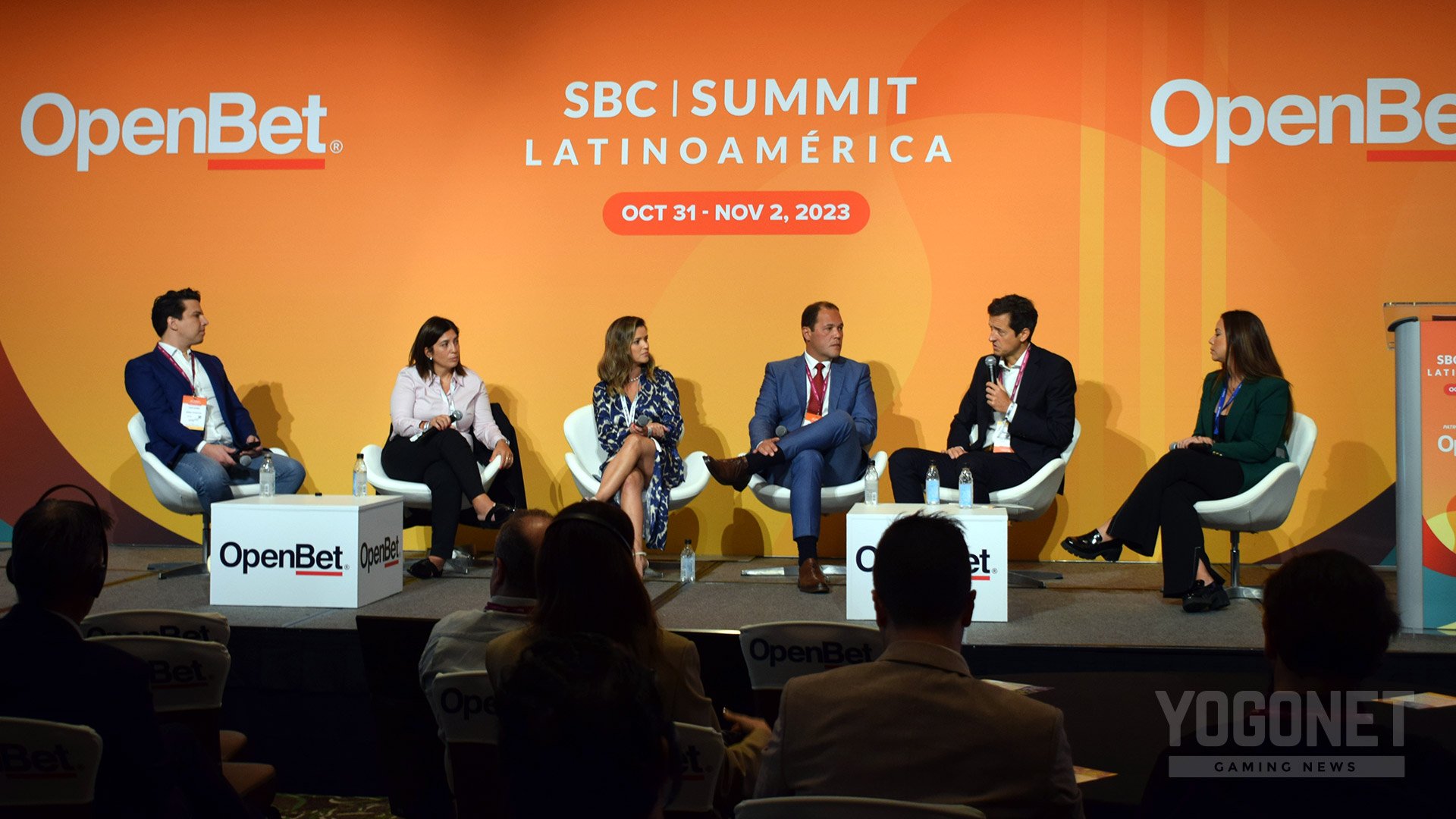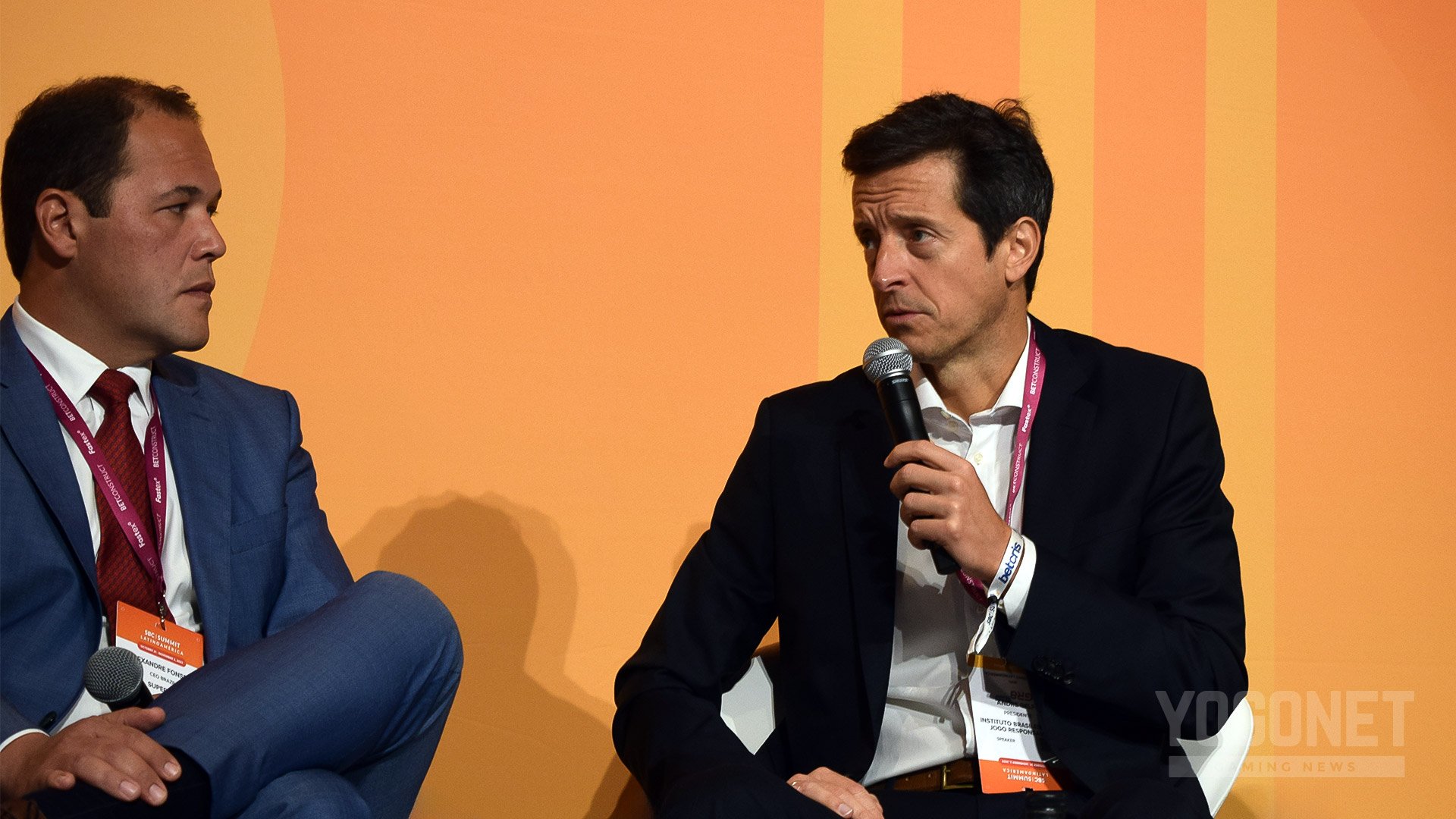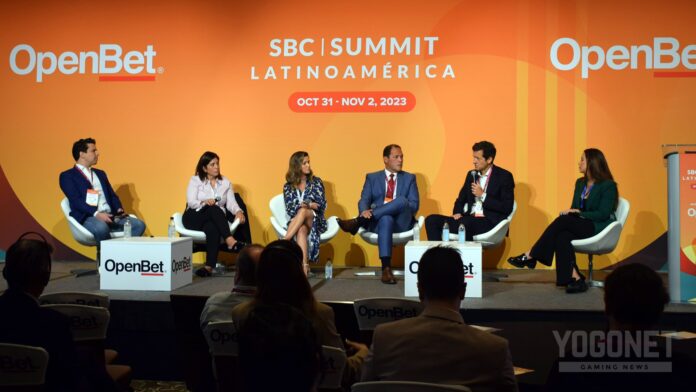In an exclusive dialogue with Yogonet during the recent edition of SBC Summit Latin America, André Gelfi, President of the Brazilian Institute of Responsible Gaming (IBJR), highlighted the importance for Brazil’s market of the pending regulation of sports betting and online gaming, analyzed the political deadlines that remain to define it and stated that “a formal market is the main tool that Brazil has to fight illegal gaming”.
How would you summarize the current situation of the betting regulation in Brazil? What are your expectations for the next few days, knowing that there are advances at a legislative level, about the approval of the regulation of sports betting in Congress?
We are, I would say, a few weeks away from having a definition regarding what will be the regulation of iGaming in Brazil, with the vote on the bill that came out of the Chamber of Deputies in September, and now in November it must pass through the Senate.
We had very good interactions with the Senate, regarding our concerns with the bill that came out of the Chamber of Deputies; and now we are waiting to see how the issues we have discussed will be defined: whether we will indeed arrive at a more adequate text for the development of the Brazilian market in a sustainable manner.
The cornerstone of this whole story is the economic issue: taxes have to be reasonable not only for the operators but mainly for the players. There is a legacy of how this activity was legalized in 2018, which continues to take its toll on us with the issue of withholding taxes on players’ income and prizes. This dynamic makes unfeasible, from our understanding, the activity in the local market, whereby it should go through a series of adjustments to give certainty of operation in the market.
We expect that both the Government and Congress have taken this into account: we believe that the Law cannot move forward in this way and that the adjustment will come in the publication of the bill and the vote on it in the Senate. We expect that in the Senate, the text will be discussed in the next two weeks and will be more appropriate to the development of the market.

In the case of the changes that were being proposed, regarding the management of the image of the soccer clubs, which would go from being managed by the Federal Government to the private sphere, what is the position taken by the Brazilian Institute of Responsible Gaming?
We understand that the current letter is quite pragmatic in terms of dynamics. The Government proposed it, and the Chamber of Deputies accepted that the organization of the rights would be in charge of the Government. Then the economic contributions of the activity would be distributed from the public power.
Now there is a discussion about the possibility that this would not be the case and that it would be done directly between the bookmakers and operators, and the Brazilian sports segment.
Our opinion is that this would not work from an operational point of view. It would be very complicated for an operator to have the capacity to organize itself with such a powerful number of clubs: in soccer alone, we are talking about almost 1,000 clubs. To make those contracts effective would be operationally crazy.
I think it would be a bad idea for the healthy development of the market, so this week we from the IBJR expressed ourselves in that sense, to make very clear our understanding as operators. I hope that the Senate will maintain what was raised in the Chamber of Deputies, and previously.
There is talk that Brazil today presents a very large number of offshore online gambling operations. How many operators do you consider, through legislation, could sustain a sustainable market for the country? Do you think that the State can have effective and real control to prevent offshore operators from continuing to penetrate Brazil?
I believe that the market will grow stronger, and we will have a much smaller number of brands and operators in the Brazilian market as a result of the regulation because there will be clear rules, and not all of them will be able to maintain themselves under these requirements.
Investments will be important and not all operators will be able to meet these requirements: the license alone may cost up to BRL 30 million, according to the text that came out of the Chamber of Deputies, and although it may change in the Senate, I think it is unlikely that this will happen.
But back to the question, the regulation has to be economically viable. The formal market is the main tool Brazil has to combat the illegal market.
I believe that this measure, together with advertising controls and controls on payment methods, should be sufficiently effective to reduce a market that today operates and is not regulated in Brazil.
We know that the illegal market is something that exists, and it will always represent a part of the market offering. It is impossible to have a 100% regulated market, but we expect that this illegal market will be as small as possible. This is the challenge and the intention of the Brazilian Responsible Gaming Institute, its members, and the Government.

Will we have the regulation before the end of the year?
I would say that the political discussion process should last until the end of the year. They are working quite hard for this to come out before 2024 because the Government intends to collect money from gambling next year. As a matter of fact, the revenue from this activity is considered in the Federal Budget for next year.














